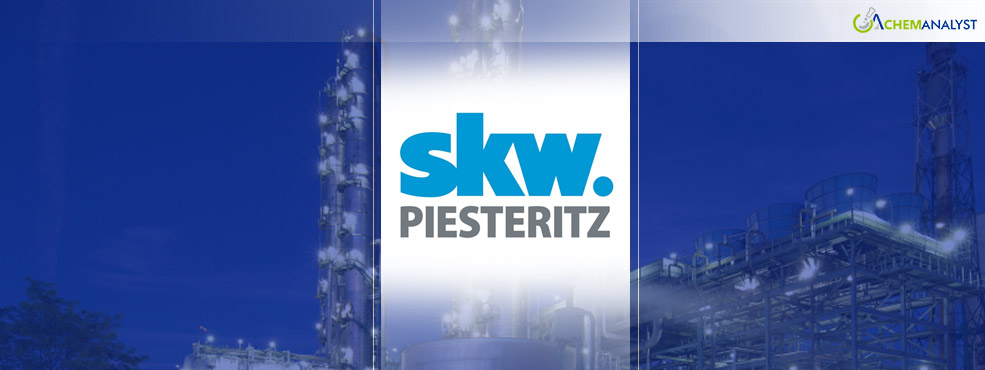Welcome To ChemAnalyst

SKW Piesteritz, Germany's leading producer of ammonia and urea, has announced the full resumption of ammonia production at its Wittenberg facility, reversing a production curtailment implemented earlier this year. The decision, driven by increasing demand within the European market, marks a significant shift in the company's operational strategy following a period of intense pressure from high energy costs and competitive Russian imports.
A spokesperson for SKW Piesteritz confirmed that both of the company’s ammonia production lines are now operational, ending a roughly six-week pause at one of the facilities. This operational pause, described by the fertilizer giant as a "protest" against prevailing German government policies, was initially triggered by a challenging market environment characterized by elevated energy prices and the influx of lower-cost Russian fertilizers.
In mid-January, SKW Piesteritz had announced the shutdown of one of its two ammonia plants, citing an "indefinite period" of reduced output. Managing Director Antje Bittner at the time criticized the lack of effective political action to address the flood of cheap Russian fertilizers into the European market. She also pointed to federal government policies that she argued were further exacerbating the company's competitive disadvantages.
"To date, politicians have done absolutely nothing effective to stop the flooding of the European market with cheap Russian fertilizers," Bittner stated in January. She further argued that decisions made by the federal government were pushing companies like SKW Piesteritz out of the market.
The nitrogen plant in Piesteritz is a critical player in Germany's agricultural sector, supplying essential fertilizers and the fuel additive AdBlue. The initial production cutback raised concerns about potential supply chain disruptions and price volatility within the European fertilizer market.
However, the recent decision to resume full production signals a change in market dynamics. The company's spokesperson, speaking to Anais Dolan, attributed the reversal to growing demand within the European market. This suggests that while the challenges posed by energy costs and Russian competition remain, there has been a notable increase in demand for SKW Piesteritz's products, prompting the company to ramp up production.
The company's initial production cutback served as a stark reminder of the vulnerability of European manufacturers to external pressures, particularly in the context of ongoing geopolitical tensions and energy market volatility.
The return to full production, while positive, does not necessarily indicate a complete resolution of the underlying issues. The company will likely continue to monitor market conditions closely, and the long-term sustainability of its operations will depend on factors such as energy costs, Russian import levels, and government policy responses.
We use cookies to deliver the best possible experience on our website. To learn more, visit our Privacy Policy. By continuing to use this site or by closing this box, you consent to our use of cookies. More info.
